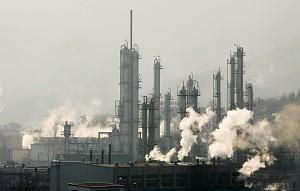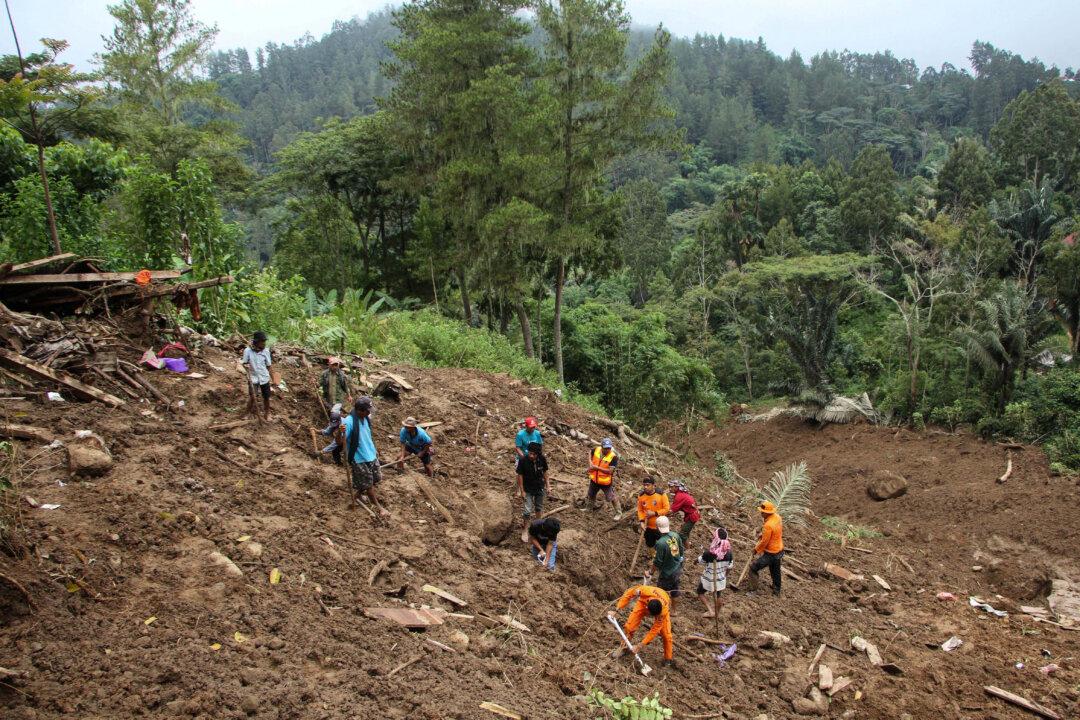CHENGDU—It was just an afternoon stroll down the streets of his hometown, but every step blogger “Yellow Peach” took was revolutionary.
There were no placards or banners, no slogans or matching T-shirts, but by “taking a walk” together for a couple of hours, a few hundred citizens of a laid-back southwestern city were illegally challenging government plans for a new oil refinery.
They wandered in quiet clusters down a route circulated by Internet and mobile phone, watched by uniformed and plainclothes police who knew exactly why they were there and later punished six people for their role.
“This was a victorious meeting, a rally. The kindling has already been scattered. What follows now depends on everybody,” Yellow Peach wrote, signing off on a string of messages to a fellow blogger giving a blow-by-blow account of the protest.
The protest was typical of a new type of activism spreading rapidly through China–ad hoc networks of the well-educated and relatively well-off, usually focused on one issue they feel threatens their health or wealth.
The Chengdu walkers hoped to imitate middle class pioneers from the more prosperous east coast who forced local governments to move or reconsider multi-billion dollar industrial and infrastructure projects when they took to the streets.
They largely ignore formal NGOs which Beijing monitors, emasculates or ties up in red tape, connecting instead through blogs, chatrooms or SMS phone messages to spread their message.
At their most effective, these creative, driven groups can change how and where firms do business in China and force the ruling Communist Party to be more responsive, experts say.
“This kind of civil society, based not around formal organisations but around issues, can mobilise more people and they are more determined,” said Yiyi Lu, a researcher at British think-tank Chatham House who used to work in China’s NGO sector.
“They are probably more effective on issues which mobilise them, because they directly affect their lives and interests.”
Quake and its aftershocks
In the end, the activists in Chengdu never had a chance to find out if they could spark a wider revolt.
Less than two weeks after they took to the streets, the city was rocked by a massive earthquake which flattened towns and villages less than an hour’s drive away, killing nearly 70,000.
The petrochemical project is now under review after the tremors caused chemical spills at smaller plants and village houses around its planned perimeter collapsed in ruins.
But as people across China rushed to help victims or send cash, food and clothing, the protesters found a new use for their organising and publicity skills–and informal civil society may have gained a new impetus.
Ran Yunfei, a magazine editor who joined and blogged about the Chengdu demonstration, spent the days after the quake collecting news from the disaster zone and posting online details of places that hadn’t received aid or were short of supplies.
His efforts aimed to help officials and volunteers focus their relief work. It also showed that the government did not have a monopoly on relief efforts.
“I’m interested in anything that touches on the rights and interests of the public, because those are the things that impact the lives of the common people,” he told Reuters.
“The government is afraid people will think the volunteers are better than they are. That’s the main reason the government restricts non-governmental organisations (NGOs).”
Seeds of activism
For many of the young students who rushed to help, from a generation often labelled apathetic, selfish or only interested in wealth, it was their first experience of any kind of activism.
And in a country where most national youth movements of the last decade have been against a common enemy–Japan, the United States, Western firms and media–their efforts to help have been notable for uniting the country in a positive cause.
“Actually, young people pay less and less attention to politics but since the Olympics and now the earthquake it feels like all the young people have come together,” said Liu Huanhuan, a student volunteer from Beijing.
And like their peers who had strolled against pollution, many were doing it alone–not under the umbrella of the Communist Party or their schools, or even NGOs.
When quake victims no longer need help, volunteers may seek a new outlet for their activism. Causes such as environmentalism, which uses the same informal networking, could be a natural fit.
Still, it is a large step from supporting the injured and destitute to challenging officials and powerful industrial giants, which could yet discourage many.
Protests are banned by a government still haunted by the memories of 1989 student demonstrations on Beijing’s Tiananmen Square, that ended in a bloody massacre by the army on the orders of the Communist Party.
And some activists who have been chipping away for years at China’s massive pollution, deforestation, desertification and other problems, warn that in a country where corruption is rampant and big business powerful, success doesn’t come easily.
“If you have these headlong rushes to one activity and then another, it’s hard to get a real solution,” said environmental writer Feng Yongfeng. “The effects are often temporary and easily overturned.






Friends Read Free